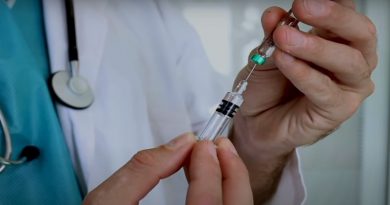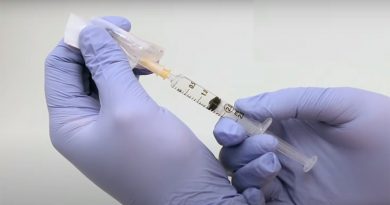Beware about the Black Fungus disease along with coronavirus
In India, patients with the novel coronavirus disease (COVID-19) are infected with an unusual and deadly fungal infection known as mucormycosis or Black Fungus. The Indian Council of Medical Research (ICMR) and the Union Ministry of Health released an advisory for the monitoring, diagnosis, and management of Black Fungus on May 9, 2021. The condition may be fatal if COVID-19 patients with uncontrolled diabetes are not treated, according to the ICMR.
What is Black Fungus disease? Black Fungus disease is caused by Hyphae developing in and around blood vessels is a common symptom of the disease, which can be life-threatening in diabetics and those with serious immunocompromised immune systems. This disease has a 54% mortality rate and affects people with weakened immune systems. There may be diabetics, cancer patients, or people living with AIDS or HIV. Steroids used to treat COVID-19 patients’ lung inflammation may be a cause for this disease. Steroids raise blood sugar levels in diabetics and non-diabetics alike.
What are symptoms of Black Fungus? The symptoms of Black Fungus are: Mucormycetes are a form of mould that causes this rare but deadly disease. They can be found in soil, plants, and decomposed organic matter. Headache, nasal inflammation, facial pain, loss of vision or pain in the eyes, swelling in the cheeks and eyes, and dark crusts in the nose are some of the symptoms. If left untreated, it can lead to blindness, nose and jawbone removal, and even death.
Mucormycosis commonly viruses infect the sinuses, brain, or lungs, according to Dr Sweta Budyal, senior consultant endocrinologist, Fortis Hospital, Mulund. Although oral mucormycosis and brain infection are the most common forms of mucormycosis, the fungus may also infect the gastrointestinal tract, skin, and other organs.
How to avoid getting the Black Fungus disease, follow these steps:
- After you’ve been discharged from COVID-19, keep an eye on your blood glucose levels.
- In diabetic patients, steroids should be used with caution..
- During oxygen therapy, use safe, sterile humidifiers.
- Antifungal treatment and extensive surgical debridement




